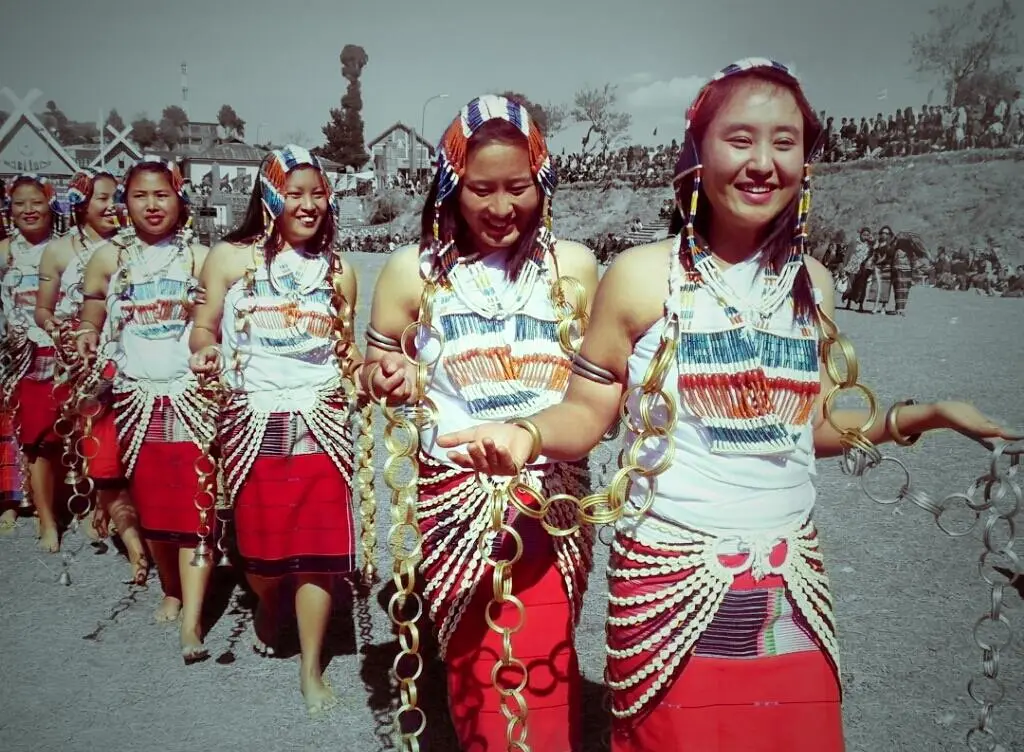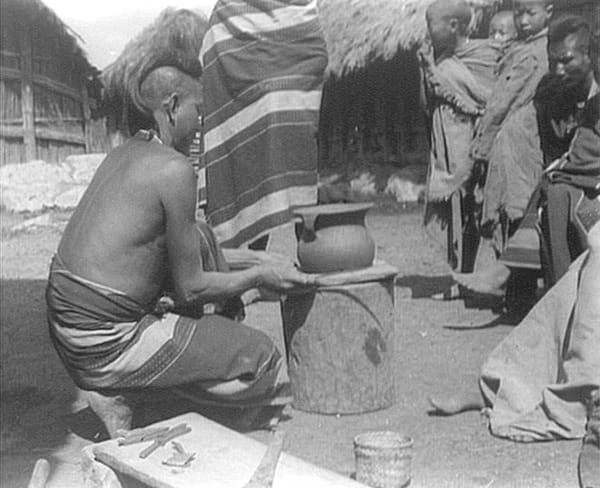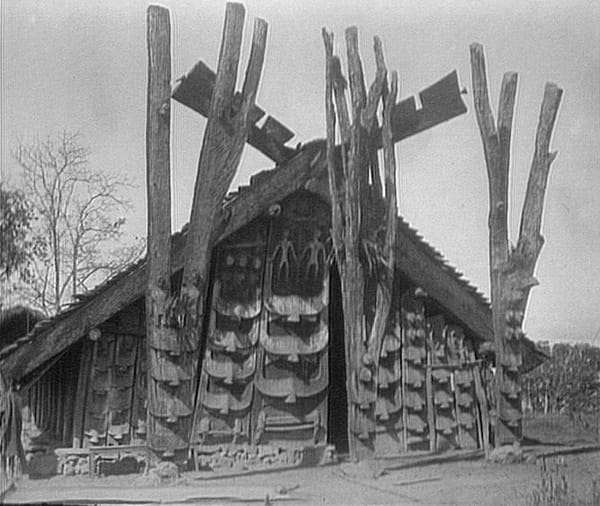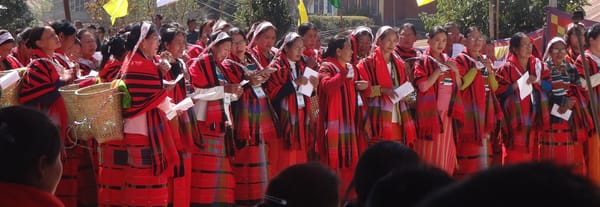Tangkhul Naga Cultural Insights on Women’s Participation in Decision Making
In Tangkhul Naga society, women historically held significant roles in family, economy, and leadership. They managed household wealth, performed key rituals, and served as peacemakers.

-Dr. Sinalei Khayi Lecturer, Pettigrew College, History Department
‘It was the practice in the past where a special seat was reserved for Mother. This special seat is called Ava Hampam which signifies the importance of mother in the family. No one can take that seat, not even children and guests. If anyone does sit, it is generally believed that he/she suffers supernatural wrath such as boil, scabies etc. Women enjoy a special seat at her married home. Women/Mothers are in control of the family in their day-to-day well-beings. The consumption is monitored; thereby management of family wealth and earnings/harvest is in total control of the women.’ -Dr Sinalei
History can never deny the fact that women are integral part of the society — political, economic and religious aspect of every community and government. They are the backbone and the force behind successful governance. Their participation in decision making was prominent and unwavered in the past.
During the transitional period (from the old traditional ways to modernization), it was felt that women were not able; were discriminated, victimized, enslaved and were deprived of rights etc. The problems were conveniently directed to the traditional customs as evil. People blamed the patriarchy society; a male oriented organization for degrading and oppressing the female. The world leadership considered women a weaker sex, and even religious reformers misinterpret the scriptures and made women inferior to male. Besides, women themselves were made to feel weaker, and that they were subordinate being. This misconception created in the name of modernization; in the name of revolution did really affect the complete humanhood of women.





